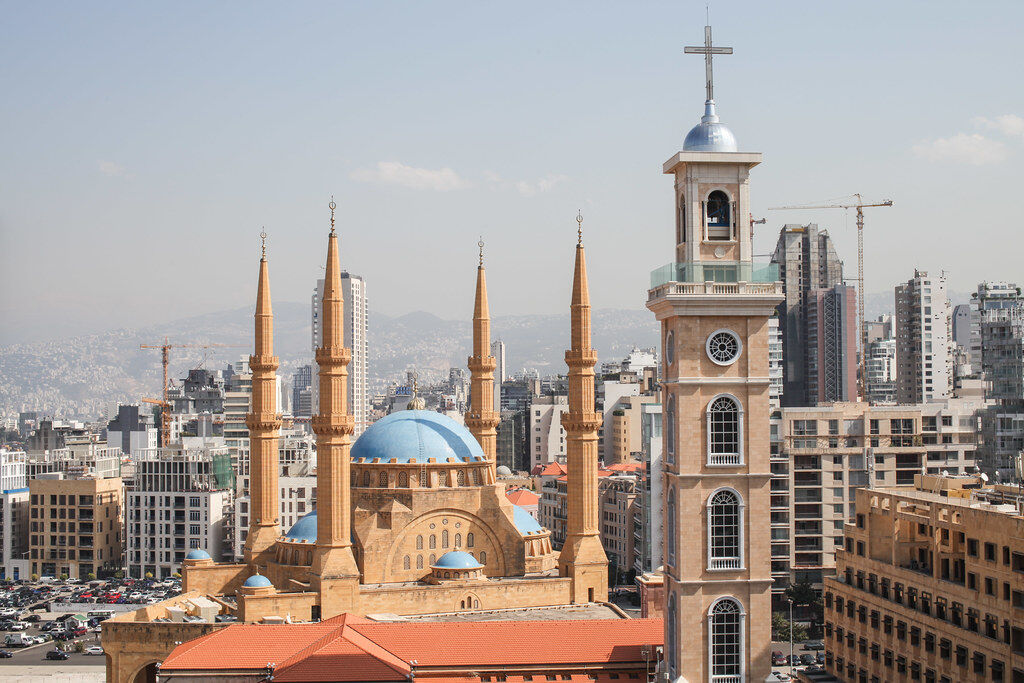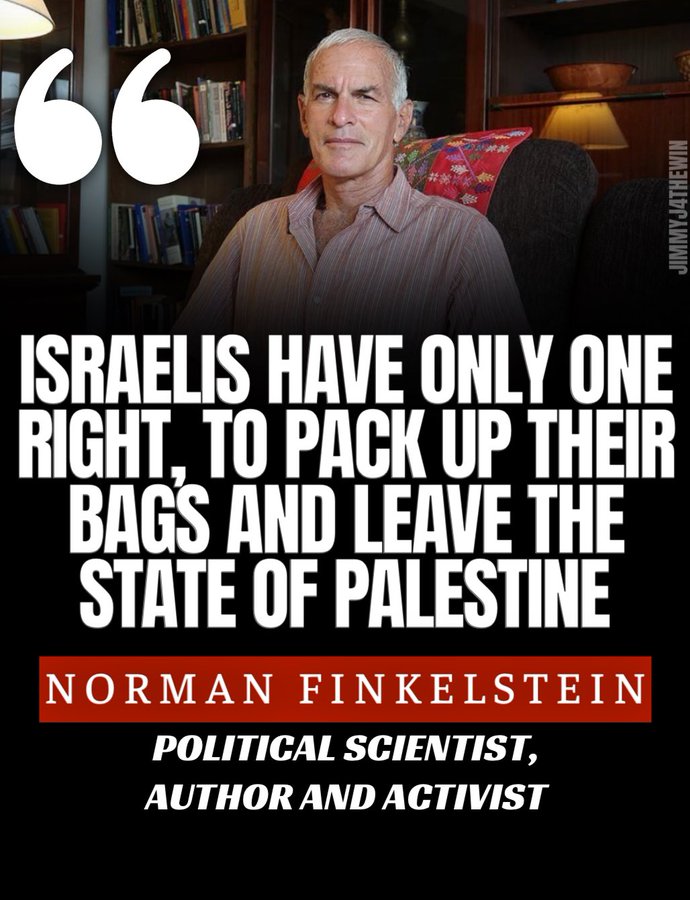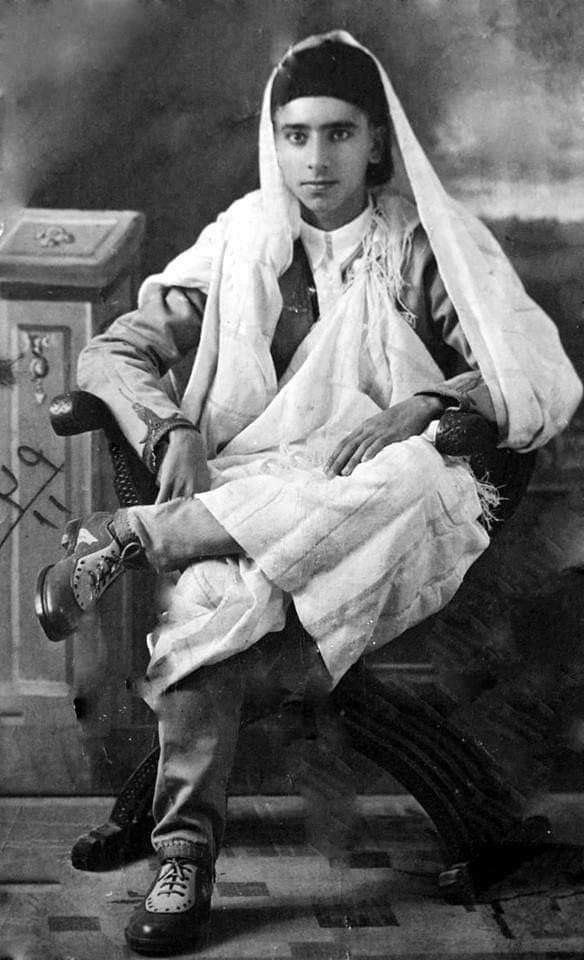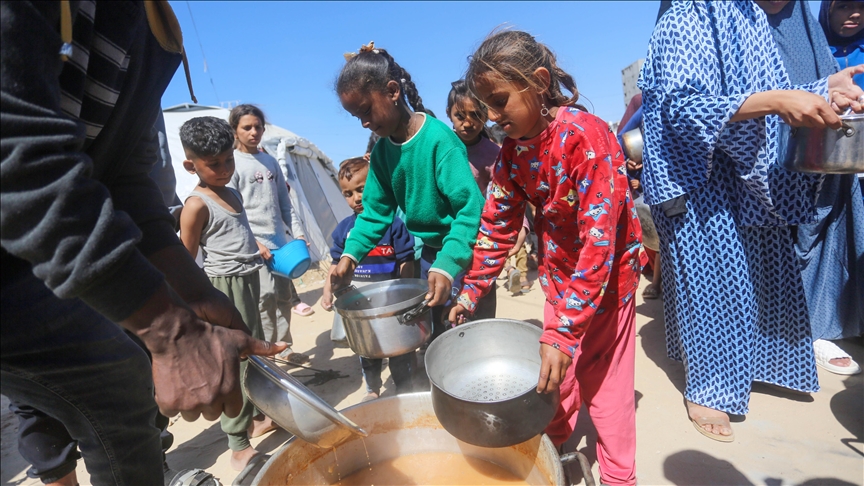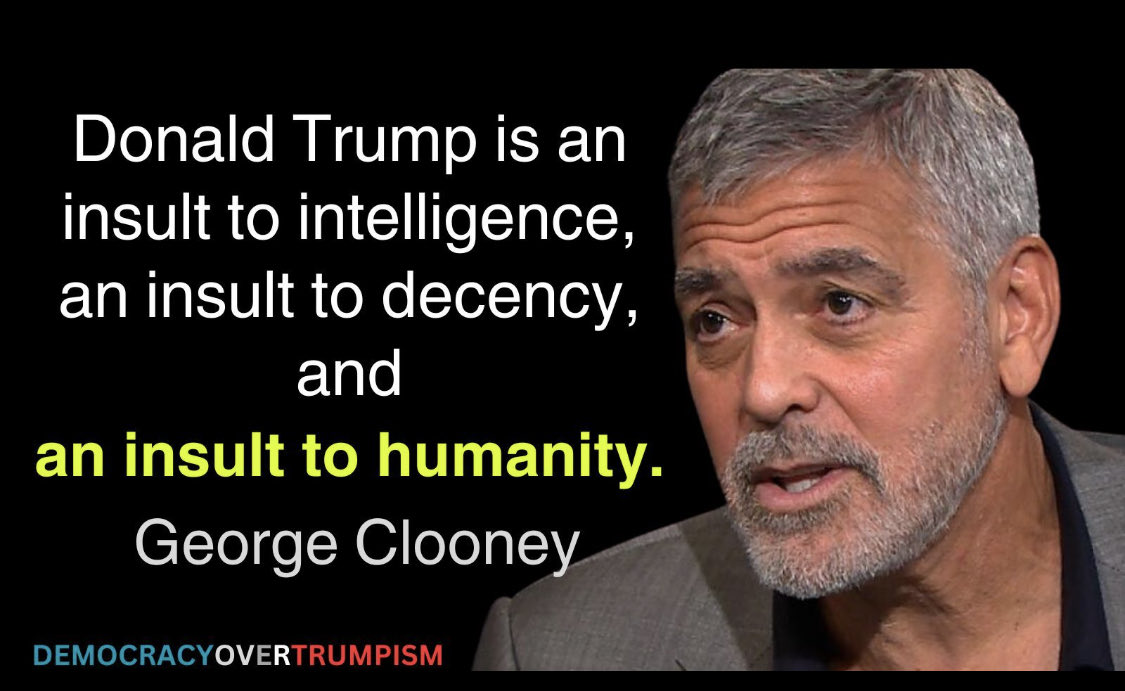Wanted Soldier Lands in Israel
Yuval Vagdani, the Israeli soldier who was wanted in Brazil over Gaza war crimes, from where he fled with the help of the Foreign Ministry, landed in Israel.
On Wednesday, the family agreed to publish his name after he landed in Israel. After leaving Brazil he reached Argentina and continued to the U.S. before returning to Israel, according to Israel’s Ynet news.
“We are all excited that he returned home safely,” said Itzik, Yuval’s father.
“He will never return to Brazil again,” added his father. “He will learn from the mistakes he made. The main thing is that he has now returned to Israel and we are all happy that everything is behind us.”
On Saturday, a Brazilian federal court ordered police to investigate Vagdani, as he was in Brazil on vacation, for “war crimes” in Gaza.
The order came after the Hind Rajab Foundation (HRF) announced that it filed a complaint against the soldier.
On Sunday, the Israeli soldier reportedly fled the country. In a statement, the HRF accused Israel of orchestrating his departure to obstruct justice, adding that “there are also indications that evidence is being destroyed”.
Israel’s Foreign Ministry announced that it had helped the former soldier in leaving Brazil on a commercial flight, after what it described as “anti-Israel elements” pushed for an investigation last week. The Ministry also warned Israeli soldiers and officers against sharing pictures or videos of their involvement in Gaza on social media, according to The Washington Post.
The HRF supplied 500 pages of evidence including videos and images showing Yuval Vagdani planting explosives in November, 2024, used to destroy infrastructure and buildings in Gaza.
It said “he had participated in “massive demolitions of civilian homes in Gaza during a systematic campaign of destruction.”
“We call on Brazilian authorities to fulfill their responsibilities, protect their judicial process, and ensure justice prevails,” it added.
Yuval has reportedly told his family that he will no longer upload videos from Gaza.
“This is a historic moment,” said Dyab Abou Jahjah, the group’s chair. “It sets a powerful precedent for holding war criminals accountable.”
Meanwhile, Riad Abu Badwia, a professor of international law, explained that Brazil, as a signatory to the Rome Statute, has the legal authority to prosecute individuals involved in war crimes.
The Brazilian court’s decision could inspire other countries to follow suit and open the door for broader international accountability for Israeli military officials, Abu Badwia added.
In October 2024, the HRF filed a complaint with the International Criminal Court (ICC) against 1,000 Israeli soldiers for war crimes, crimes against humanity and genocide in Gaza.
It said the complaint is “supported by over 8,000 pieces of verifiable evidence – including videos, audio recordings, forensic reports, and social media documentation – demonstrates the soldiers’ direct involvement in these atrocities.”
It noted that soldiers were named and were all “located in Gaza during the genocidal assault, and the evidence reveals their participation in violations of international law.”
It added that it provided evidence that they had taken part in the “destruction of civilian infrastructure … Illegal occupation and looting … Participation in the Gaza blockade … Targeting civilians … Use of inhumane warfare tactics,” which are violations under international law.
The soldiers named include “high-ranking officers and commanders responsible for planning and executing military operations in Gaza,” individuals with dual citizenship, “including 12 from France, 12 from the United States, 4 from Canada, 3 from the United Kingdom, and 2 from the Netherlands,” and soldiers “who have openly boasted about their war crimes on social media,” it explained.
In December, the Israeli military reportedly warned dozens of soldiers against traveling abroad, after some 30 soldiers who served in Gaza genocide had war crimes complaints filed against them. Soldiers have been identified from videos and images they posted online that were taken during their service in Gaza.

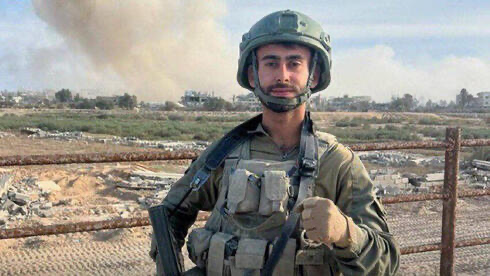
 Breaking: Case Filed Against Yuval Vagdani in Argentina
Breaking: Case Filed Against Yuval Vagdani in Argentina 